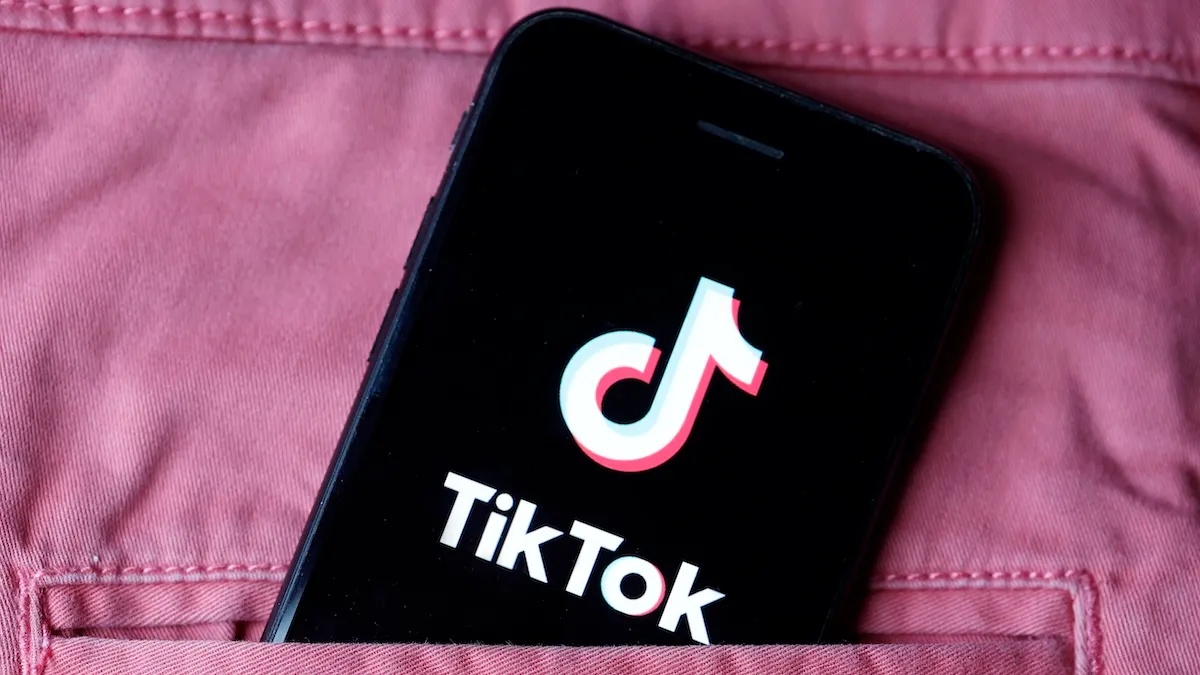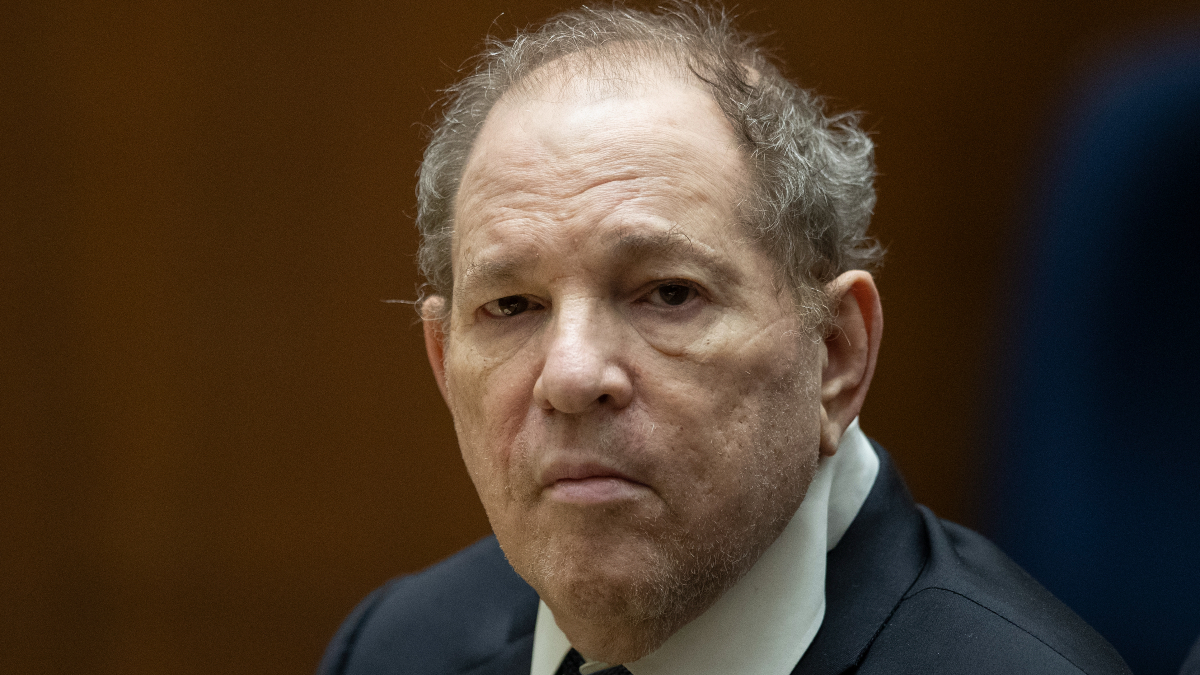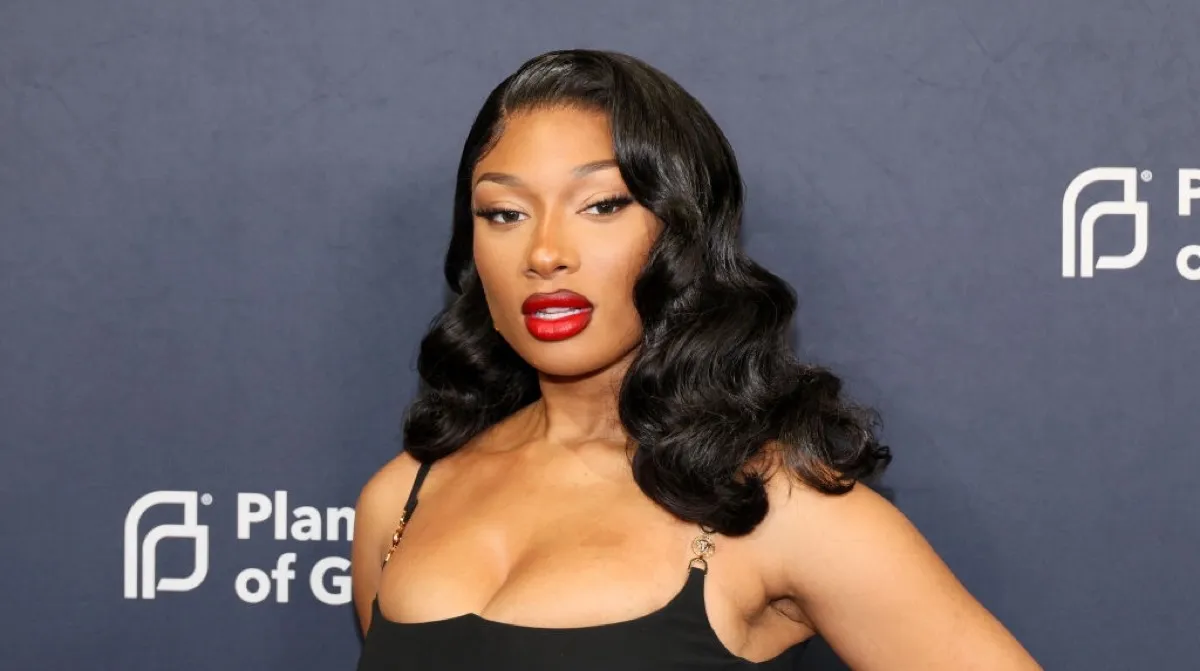In March 2022, Epic Games—the studio behind Fortnite—acquired Bandcamp, a beloved music hub especially favored by independent musicians and labels. For the better part of a decade, Bandcamp has been the most prominent example of a more equitable platform for promoting music—certainly better than the paltry royalties offered by Spotify or Apple music—which has made it essential in the modern landscape. It’s also why musicians were concerned about Epic’s purchase.
Bandcamp serves as both a streaming platform and a marketplace for digital songs and physical goods. In stark contrast to Spotify’s $0.003-$0.005 royalty rate per stream, 80-85% of purchase revenue on Bandcamp goes directly to the artist or label. Individual streams don’t translate to royalties, but artists can set the number of times someone can stream their track before buying it. Additionally, The Bandcamp Daily, an in-house online magazine, regularly champions music not getting noticed by other outlets; experimental music and acts which are otherwise struggling to enter the national stage.
For a year, Epic’s acquisition seemed to barely affect Bandcamp. But then, on September 28, 2023, CEO Tim Sweeney announced that Epic was letting go of 16% of its staff and selling Bandcamp to Songtradr, a music licensing platform. Bandcamp’s avid user base tried to be optimistic—after all, Songtradr’s CEO Paul Wiltshire has a history in the music business as a writer/producer. Songtradr said publicly that its acquisition of Bandcamp would simply give artists an additional tool in their toolshed: the ability to offer the music they put on Bandcamp for consideration for licensing deals in TV, movies, ads, et al. Which might be nice. “It’s business as usual,” Songtradr tweeted on September 29.
But cracks started to show in the claim that Bandcamp would be “business as usual.” Bandcamp Workers voted to unionize under the moniker of Bandcamp United, and they were in the process of getting formally recognized by Epic when the sale occurred. Bandcamp United launched a petition for Songtradr to recognize their union, and Songtradr responded in a statement on October 4, which said nothing about acknowledging Bandcamp United once the deal with Epic had gone through, but did promise, “Not all Bandcamp employees will receive offers from Songtradr.”
By Monday, October 16, Songtradr had finalized the deal. It proceeded to lay off around 50% of Bandcamp’s 120 workers, including a huge portion of veteran critics at The Bandcamp Daily.
Silicon Valley squanders what was already working
What makes Bandcamp’s story so infuriating is that before and during its acquisition by Epic, Bandcamp was wildly profitable. A Fast Company article ran on October 5, 2023 with the headline “How Bandcamp Makes More Money Than Spotify.” A Medium article in 2021 came to the same conclusion. Bandcamp was not endangered before it was bought by Epic. In an alternate timeline where it stayed independent, Bandcamp would be raking in upwards of $20 million in profits.
Nor was Bandcamp in any sense the reason for Epic’s financial failure this year. Epic CEO Tim Sweeney said the sale and Epic’s layoffs were simply the result of a year in which Epic was “spending way more money than we earn.” In other words, pure hubris. Sweeney’s eyes were bigger than his company’s stomach.
Songtradr has yet to provide an excuse for the layoffs. The company issued the following statement to Variety: “Over the past few years the operating costs of Bandcamp have significantly increased. It required some adjustments to ensure a sustainable and healthy company that can serve its community of artists and fans. After a comprehensive evaluation, including the importance of roles for smooth business operations and pre existing functions at Songtradr, 50% of Bandcamp employees have accepted offers to join Songtradr.”
The mention of “pre-existing functions” suggests that Songtradr’s own expenses are at least partially to blame for the acquisition, hinting at the same hubris exhibited by Sweeney. Furthermore, the statement is worded as if the workers at Bandcamp had a say as to whether or not they were to continue their work. They were not.
Reporting from Pitchfork found that the layoffs were “even,” except for customer service and editorial. While the Daily isn’t going under, its staff has been cut to three editors and a designer. Three customer service specialists also remain—which, for musicians, is especially gutting. Most of us have had very fond interactions with Bandcamp customer service. One representative worked with me to minimize Bandcamp’s revenue share for a Planned Parenthood benefit album.
Songtradr is continuing to insist that Bandcamp is still “business as usual” and that nothing users love about the current platform will change. Except that is clearly no longer the case. You cannot lay off half of a company and not expect its services, its user experiences, and its output not to drop drastically. Moreover, Songtradr has completely destroyed its goodwill with the artist community.
Two men who didn’t bother to balance out their pocketbooks bought a thriving company. Now, nearly 900 people have been laid off and the entire independent music industry is shaken to the core.
Musicians are angry
The fall of Bandcamp would be, at the risk of sounding melodramatic, catastrophic for independent music communities. It is the only equitable music streaming platform and marketplace with any prominence. Without it, we’re left with the paltry $0.004 per stream royalties from Spotify. I don’t know anyone who makes their living solely from Bandcamp, but getting a couple album sales every Bandcamp Friday means I at least have something to put towards my internet bill, or all the stupid website hosting services I’m balancing to make my music career look “professional.”
A world in which independent musicians can only rely on Spotify and Apple Music streaming for online revenue, given the importance of the internet in our lives, is way too depressing to contemplate. You might then suggest touring so that artists can sell physical merch. Except touring hasn’t been so profitable on the other side of the pandemic. And I can tell you from personal experience that, at the shows I do play, merch sales haven’t been great. You know, inflation and all.
Should the health of the entire ecosystem of independent music depend on one single platform? Hell no—that’s a sign of the poor overall health of music in our current stage of capitalism. But here we are. And musicians are mad about Songtradr’s actions, for all the reasons stated above. One of the most vocal and poignant voices is Death Cab for Cutie’s Chris Walla:
Assuming that’s frontman John Darnielle speaking for The Mountain Goats, his wishes for Songtradr’s higher-ups echo my own: “may they sleep badly and ache in their bones.”
A word on musician burnout
If the whispers of burnout are echoing through my words, that’s no mistake. Like many of my peers, I grind way beyond the realm of a blissful 40-hour work week. In addition to maintaining our practices and playing shows, we teach, we work unrelated day jobs, we embark on physically exhausting tours or play local shows where we risk spiking COVID rates—and for what? To do what we love, of course. Because we feel this is what we were born for, what gives our lives meaning.
But when maintaining a music career often costs you more money than it makes—PR, gas, recording and mixing, making CDs or tapes or LPs or stickers, social media campaigns, etc.—and the systems which do support you, like Bandcamp, seem to be actively disappearing … what the fuck are you supposed to take from that?
I know many musician friends who stopped pursuing their careers for more stable work, particularly tech jobs. I have friends with major national press who are working in food service. “Burnout” is as regular a topic of conversation as the weather. And I would argue that letting musicians burn out like this is a bad thing for culture as a whole.
The musicians most susceptible to burnout are the same ones who often get a boost from the likes of The Bandcamp Daily—people who are professionally trained (and nowadays often wield college degrees in music), who are on the cultural fringes in one way or another, experimenting with new sounds. And if history has taught us anything, it’s the experimentally minded who end up profoundly shifting the culture, even if it’s just because a mainstream artist finds their work years later.
I say all this to explain why this news is hitting especially hard for some musicians. Hell, why it’s hitting especially hard for me. This story—and the extent to which many mainstream media websites have failed to report it—feels like a slap in the face when you’re already having a tough goddamn time.
Where do we go from here?
There are already talks about the “return to the age of blogging” in the event that the Daily goes under (at least one writer’s still there, but he quipped on X that he didn’t know who to turn his story into for editing). That return could be lovely. But alternatives to replace Bandcamp’s marketplace, should that fail, are far less clear.
All I can say is: music matters. Buy from Bandcamp artists before the platform decides to change its policies. Go to a local show and don’t pretend like you didn’t see the tip jar for the band. If you discover an artist you like, buy an album or a t-shirt. That tactile exchange—”I’m so glad I found this! I love your music!”—is what Bandcamp is approximating in the first place.
(featured image: Bandcamp and Epic Games)









